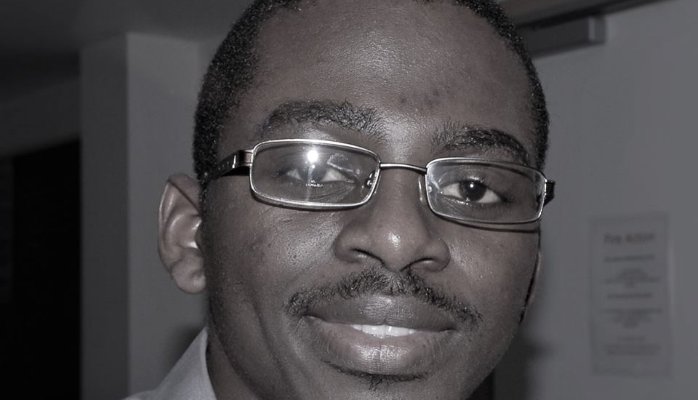The Essay that got me a Scholarship
by David Mtonga
Discuss an accomplishment or event, formal or informal that marked your transition from childhood to adulthood within your culture, community, or family.
The well-slashed green grass and watered flowers surrounding the entrance welcomed me when I reached Lusaka International Airport. As I went in, I was enthused by billboard displays, the scanners I passed through, the escalator I used for the second time in my life and the plasma screens in the shiny waiting room made of glass walls, enabling me to see aeroplanes landing and taking off.
Curiously, I sauntered around. There were art galleries with expensive artefacts, bought perhaps by those who didn’t know the actual prices in the Katondwe streets of Lusaka. I heard the announcement of my flight and used the escalator down until I was, for the first time, on a plane to England to study under a scholarship.
I was now back in Lusaka – I wore the same glasses with the same lenses, but the scene that once amazed me seemed different – everything had changed. The magnificent place I saw before had vanished. It looked brown, watered flowers almost all dry. I was met by my brother. We drove past potholed roads barely gravelled and street kids selling stuff. The scene I was used to was now uncomfortable, unbearable and disappointing to me.
Later, I walked for ten minutes on the dusty road to catch a minibus. On small seats, one had to be squeezed in irrespective of body size. I sat between two men and the bus sped off, with windows closed to prevent dust entering. I kept scorning myself over this developing discomfort. ‘Perhaps I have become a town boy.’ I was sure I had not. There is something wrong with my country. Perhaps the time I spent in England was an eye opener that things can be different. Perhaps I have become an adult. The Bemba proverb must be right; “My mother’s cooking was the best because I did not taste my friends”.
Contrary to Zambia, all places I visited in England were green, had well tarred roads and completely no dust. What a wonder! The transport system, shops, houses, water, electricity, internet – no interruption. Things seemed to be in order and in harmony. The education system is free to the age of eighteen. I wish so, in Zambia.
I was saddened to learn that my friends couldn’t start at University of Zambia because of student riots. They will start two years after completing high school. I could imagine myself back then – at the farm with my mother – and how I would have been without going to school. I felt compassion for them. It was painful to see these things I had not noticed.
I still could do farm work, assuring me that I had not changed – but my thoughts had. Nothing had changed in my community; we still walked thirty minutes to the only village well and we did not receive the borehole the MP had promised. Before I left, I helped organise the building of a clinic. I still found the same amount of sand we collected spread around, perhaps by children playing there. Nothing further had been done.
If I could do something-I am barely two decades old, not enough to speak to those who have five or more. Everything seemed disorganised. I wondered where these kinds of thoughts and perceptions came from and why they persisted. Did anyone see what I saw? I am sure they did, but lacked means and so succumbed. Not one person can change this situation and those who might have thought so, might have had no companions. I will keep these thoughts so that, some day, I can hold hands with those alike. Perhaps, I am an adult now.
By David Mtonga a proud Zambian and Brighton University Scholar (2015-2018) studying Beng EEE. NB: If you want to share your career path story please email us on info@careerszim.co.zw

